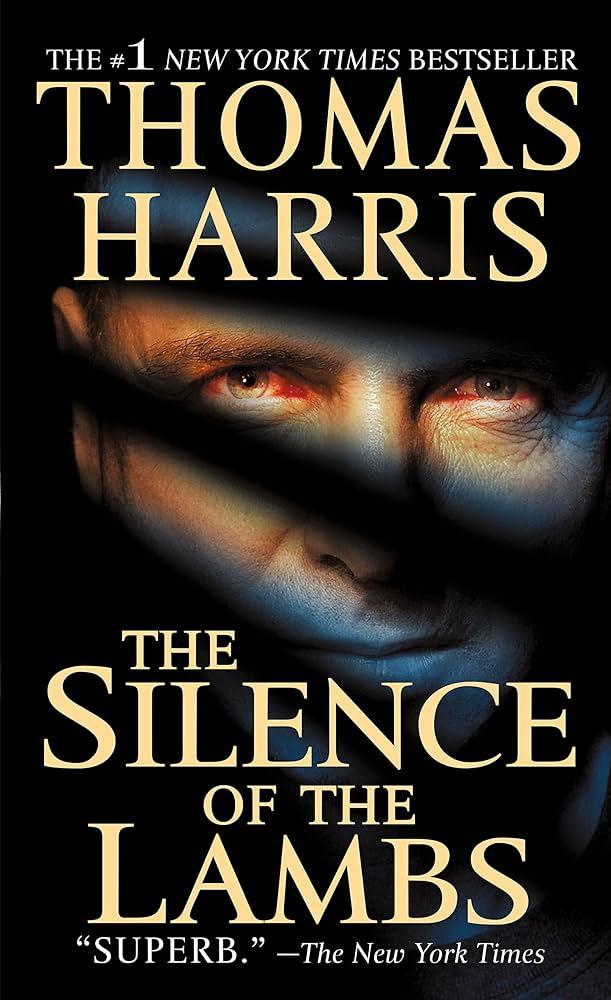True crime TV captivates millions, blending suspense with real-life intrigue. But is this fascination healthy? As viewers dive into dark tales, they must balance entertainment with emotional well-being.
Can Joaquin Phoenix’s Method Acting Be Harmful to His Health
Joaquin Phoenix’s dedication to method acting is renowned, yet it raises questions about its toll on his well-being. Delving deep into roles, he often blurs the line between character and self, sparking debates on the potential health risks involved.
Does The Silence of the Lambs Portray Mental Health Issues Insensitively
“The Silence of the Lambs,” while a cinematic classic, often draws criticism for its portrayal of mental health. By sensationalizing disorders through characters like Buffalo Bill, it risks perpetuating stigma rather than fostering understanding.
Does A Beautiful Mind Romanticize Mental Health Struggles
“A Beautiful Mind” presents an inspiring narrative, yet it risks romanticizing mental health struggles by focusing on triumph over adversity. This portrayal can oversimplify complex realities, potentially skewing public perception of mental illness.
Is Whiplash a Good Representation of Dedication or Unhealthy Obsession
“Whiplash” delves into the thin line between dedication and unhealthy obsession. Through intense character dynamics, it questions whether relentless pursuit of excellence justifies emotional and physical sacrifice, challenging viewers to reflect on their own definitions of success.
The Hidden Symbolism in Black Swan
In “Black Swan,” the duality of white and black swans symbolizes the conflict between innocence and ambition. Nina’s transformation embodies the perilous pursuit of perfection, revealing the dark depths of her psyche.






